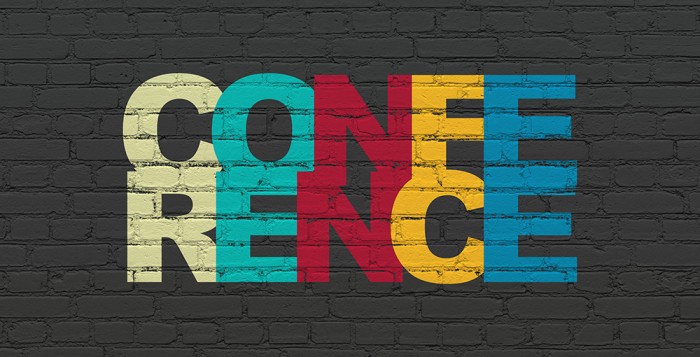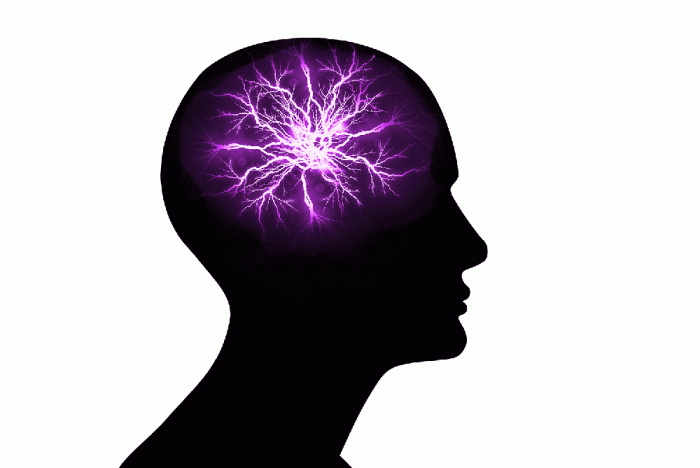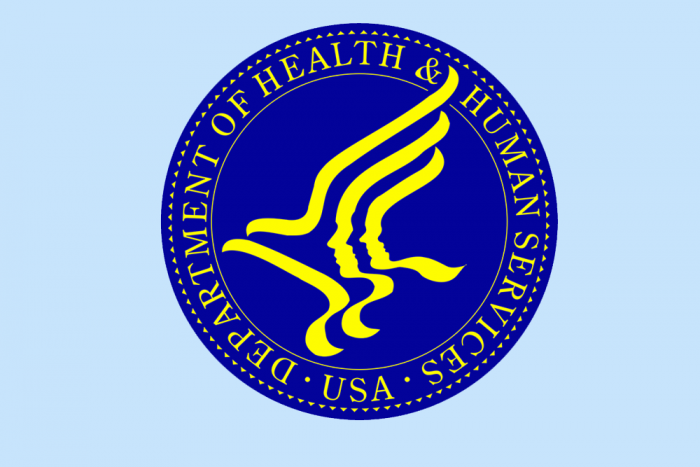By Jason Snyder, Director, SUD Treatment Services, BH Division
There are many stakeholders in the broad substance use disorder (SUD) landscape who are nervous about how US Department of Health and Human Services Secretary Robert F. Kennedy Jr. will steer policy. But from a treatment perspective, given his beliefs and experiences, he could drive significant improvement in the way those Americans who suffer most severely from SUD are treated.
In January, after President Trump took office and nominated Kennedy to be secretary, many SUD treatment providers and advocates, along with several media outlets, immediately raised concerns. Pointing predominantly to the 45-minute documentary Kennedy made as part of his early campaign for the presidency, some advocates feared that if he was confirmed as secretary of HHS, he would use his personal experience and preferences to unduly influence the country’s SUD treatment policy away from evidence-based treatment, including the use of medications like methadone and buprenorphine.
In “Recovering America – A Film About Healing Our Addiction Crisis,” Kennedy, who is in long-term recovery from heroin addiction, featured “healing farms” – a form of therapeutic communities – as successful models for treating SUD. Therapeutic community is a treatment approach built on the premise that for recovery to occur, a change in lifestyle and social and personal identity is vital. He said that if he was elected president, he would open hundreds of healing farms across the country.
Of course, he did not become president, but he was confirmed as secretary of HHS in February.
Kennedy’s support of healing farms is not the only concern of some advocates. The pathway to his own recovery – a 12-step program – and his staunch support and continued participation in that program, which many criticize for its abstinence-only philosophy, including its rejection of medications to treat SUD, is also a red flag.
An Opportunity to Improve What Already Exists
But Kennedy actually has an opportunity to leverage his experience and philosophies in a way that improves the predominant residential treatment model in place today for those with the most severe and advanced disease. This does not mean a wholesale shift toward healing farms or even therapeutic communities (though in a world of individualized care and personal choice, there can be a place for these types of treatment models). It should, however, include policy that forces increased funding of residential treatment settings, in order to provide adequate lengths of stay and meaningful integrated mental and physical health and recovery support services throughout the continuum – including, when necessary, skilled nursing facilities that accept patients whose treatment includes narcotic medication, and appropriate, safe, and accessible recovery housing. A stronger continuum of care for those suffering the most severe SUD can enable social connectedness, sense of community, belongingness, and meaning and purpose. Not only are these foundational goals of therapeutic communities and values Kennedy holds in high regard; they are also key tenets of the Substance Abuse and Mental Health Services Administration’s (SAMHSA) working definition of recovery. As HHS secretary, Kennedy oversees SAMHSA.
In Kennedy’s documentary, he walked the streets of San Francisco and showed footage of Philadelphia’s Kensington neighborhood. Living in the age of fentanyl and xylazine, the individuals from these streets who make it to treatment are typically homeless, have extreme physical comorbidities, and have suffered unimaginable trauma and mental illness. In other words, they are the most ill. Yet, in Pennsylvania, we often see an aggressive push by payers to quickly move them from the highest levels of care, where patients whose acute biomedical, emotional, behavioral, and cognitive problems are so severe that they require primary medical and nursing care, to lower levels of care well before their clinicians believe they are ready.
Many policymakers, pundits, and payers will point to the high cost and lack of evidence to support such lengths of stay in residential settings. But any argument that the research does not support long-term residential treatment should be carefully scrutinized, in particular because little research exists that examines outcomes for those with the most severe SUD. If Pennsylvania policymakers and payers have such data, they should bring it forward.
Ensuring and Improving Access to Medication
What is indisputable is the fact that medications to treat opioid use disorder not only reduce overdose deaths, but they also increase engagement and retention in treatment, increase abstinence from opioid use, and improve other quality-of-life metrics.
But Kennedy’s position on several other issues has advocates concerned about his position on medications like buprenorphine and methadone.
From within the mental health and SUD advocacy world, one of the strongest endorsements Kennedy received ahead of his confirmation was from his cousin Patrick Kennedy, a former US Congressman from Rhode Island and staunch SUD and mental health advocate who has been in recovery 14 years. Patrick Kennedy’s treatment and recovery path included the use of buprenorphine and naltrexone, as well as medications to address mental health.
In a 2016 story in the Seattle Times, Patrick Kennedy said, “We’re hogtied because many of those influencing addiction policy in this country come from the 12-step culture, which says abstinence is the only true form of recovery. We’re losing a lot of people on the altar of that type of rigid ideology.”
Even closer to home, Robert Kennedy experienced the death of his younger brother David, whom he described as his best friend. David Kennedy was 28 years old when he died in 1984. My younger brother Todd was 28 years old when he died in 2005 from a heroin overdose. Less than two years later in September 2007, my 25-year-old brother Josh, the youngest of my parents’ three children, died of a drug overdose. I have often said that my parents, both of whom I am grateful to still have today, would much rather have their two dead sons alive and using buprenorphine or methadone, with a chance to define their own lives and recovery, than lying side by side in a graveyard in Cambria County, PA. I can’t imagine that Robert Kennedy feels any different about David – that if there was something that could have been done to give him another day and a shot at recovery, he would have staunchly supported it. In preserving and enhancing access to medications, Kennedy has the opportunity to give to parents, siblings, and other family members and loved ones what he and I no longer have.
Walking the Tightrope
In my work, a key component of advocacy on behalf of SUD treatment and those who need it is an ability to put aside my own recovery path, and acknowledge and support other pathways that I might not choose but can nonetheless be effective. In fact, this is in large part what a professional peer does. And for Kennedy, as evidenced by his documentary, the peer is an indispensable, integral part of the recovery process; not just in the healing farm setting, but in justice-system diversion programs as well, for example.
Related to my recovery from SUD, if you want the type of life I am striving to live and want to know what I do, I am willing to show you. My professional role, however, does not include forced imposition of my personal philosophies on you. To find such a balance requires open-mindedness, which is also a bedrock principle of the Alcoholics Anonymous (AA) program Kennedy lives. The challenge with open-mindedness is applying it in all of life, not just within the parameters we choose to live. In doing so, we potentially attract others to that lifestyle.
Kennedy obviously is not simply an advocate or a well-known “old-timer” in a local area of AA meetings. He is the top policymaker for HHS and SAMHSA. From the highest, most influential platform he has ever had relative to his recovery, he can strike the right balance.
With a better funding approach, Kennedy can infuse aspects of a treatment modality and recovery support program that has worked for many, including himself, into the system we have in place today. In doing so, he can improve treatment broadly for those with the most severe SUD, and support and advance the integral, life-saving role medications play, all while serving as a role model for what recovery may look like for some.
For the sake of all of those who are still suffering from this disease, including families, I hope he can do it.
















